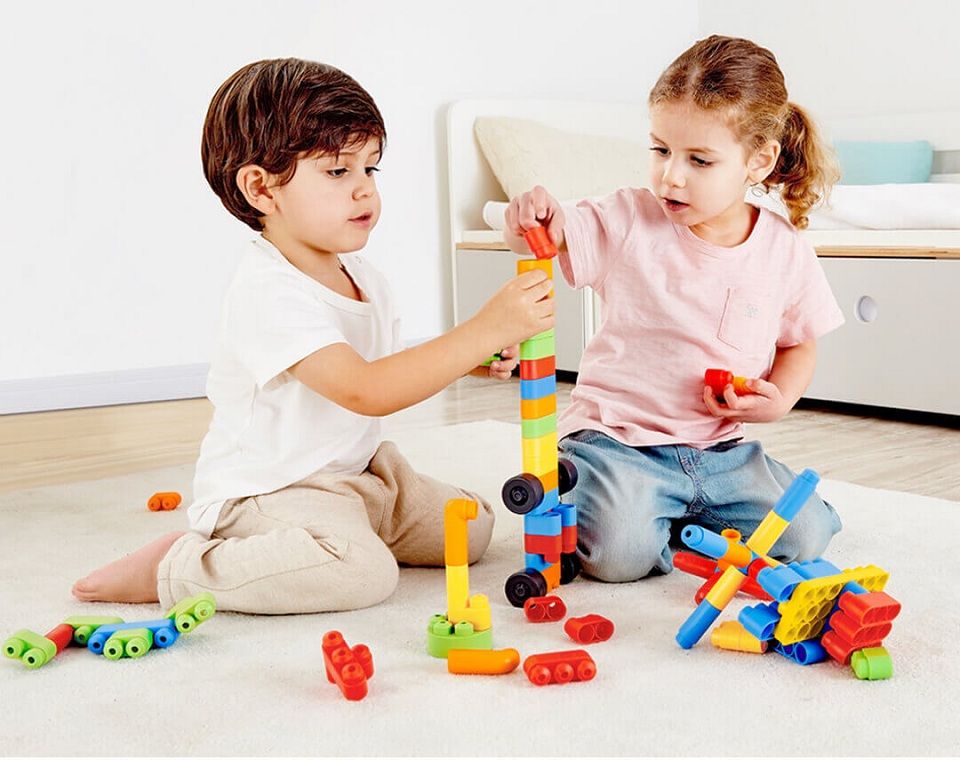Interactive play stimulates brain areas responsible for creativity, memory, and emotional intelligence. Unlike passive entertainment, it requires active decision-making and collaboration, which strengthens neural pathways related to problem-solving. Psychologists note that interactive environments reduce anxiety and promote confidence because they allow experimentation without fear of failure. For children, this is especially powerful — every “what if” moment becomes a chance to learn and adapt. When play involves interaction, it transforms from mere fun into a vital developmental tool that shapes both the mind and emotions.
The Psychology Behind Interactive Play

